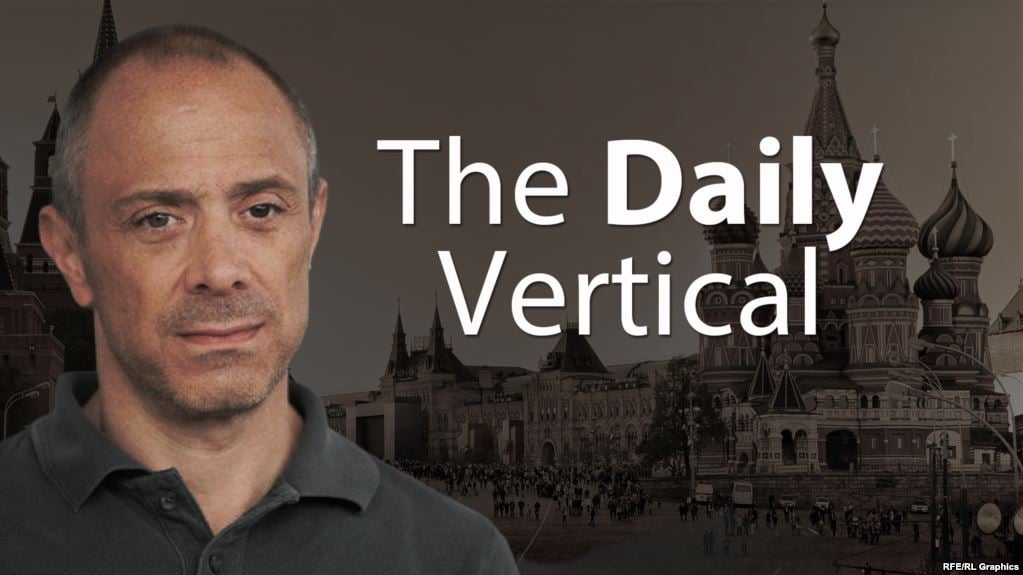
By Brian Whitmore, for RFE/RL
It could happen if you say true things.
Like that Russia’s forceful annexation of Crimea was a violation of international law.
Or that the conflict in Donbas is not a civil war, but a war of aggression carried out by Russia against Ukraine.
Or that Moscow should decentralize more power to its regions and give ethnic groups like the Tatars greater autonomy.
Or that Russian officials are often corrupt.
It can even happen if you like or share posts on social media that make such claims.
In Vladimir Putin’s Russia, if you say, post, share, like, or publish something the Kremlin doesn’t like, then you could be prosecuted for extremism.
In fact, all of the things I just cited come from actual criminal cases in which actual Russian citizens were actually prosecuted for extremism.
But guess what? The European Court for Human Rights has just weighed in. The court has just ruled on a Russian extremism case — and the Kremlin will not be happy with the verdict.
Back in 2006, Nizhny Novgorod-based human rights activist Stanislav Dmitriyevsky was convicted of inciting extremism and sentenced to two years’ probation for publishing speeches of Chechen separatist leaders Akhmed Zakayev and Aslan Maskhadov.
The European Court ruled this week that the speeches were not extremist and simply contained criticism of the Russian authorities, that the conviction violated Dmitriyevsky’s rights, and ordered Moscow to pay him 13,615 euros in compensation.
Now Russia, of course, has passed legislation allowing it to ignore rulings of the European Court of Human Rights that it doesn’t like.
And this, of course, violates Moscow’s treaty obligations to the Council of Europe.
So one has to wonder what happens now.
Perhaps the Kremlin will simply declare the European Court to be extremist.
By Brian Whitmore, for RFE/RL




